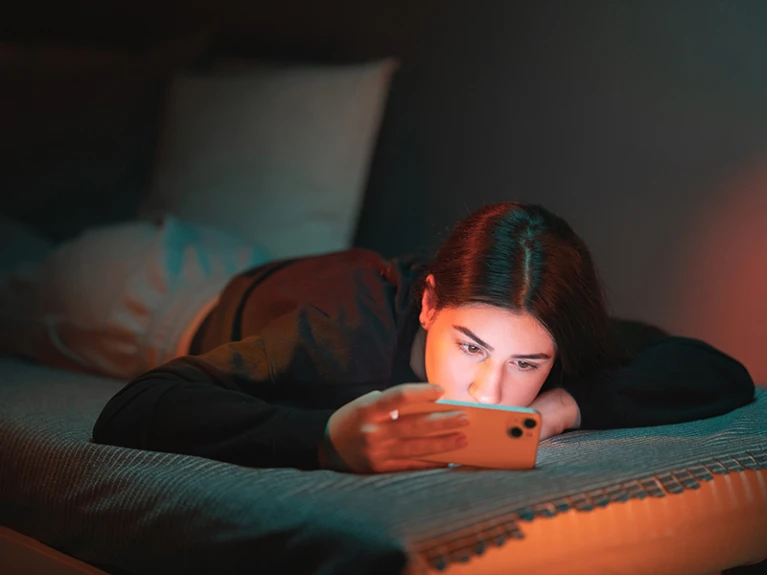A recent study by Australian researchers highlights the significant toll of nighttime smartphone use and cyberbullying on the sleep and mental health of children and teenagers. Conducted by the University of South Australia’s Behaviour-Brain-Body Research Centre and published in Adolescents, the study surveyed over 50,000 students aged 7 to 19, revealing alarming trends in digital habits and their consequences.
Key Findings
The research showed that nighttime smartphone use is a major factor in sleep deprivation and mental health issues, particularly for teens. Among adolescents aged 12 to 19, 66% of girls and 58% of boys reported being cyberbullied at least once during the previous school term. This group also exhibited a strong correlation between cyberbullying, poor sleep, and high stress levels.
- Sleep Deficits: Only 17% of teenage girls and 13% of boys slept the recommended eight hours or more per night.
- Stress Levels: Moderate-to-severe stress affected 38% of teenage girls and 23% of boys, underscoring the mental health risks tied to poor sleep and online harassment.
Primary Schoolers Also Affected
Younger children were not immune to these trends. The study found that one in five primary school students reported moderate-to-severe stress. More than one-third of primary school children admitted to using their phones at night, a behavior even more prevalent among those who had experienced cyberbullying.
A Growing Concern
Professor Alex White from the University of South Australia, one of the study’s authors, emphasized the cascading impact of these behaviors. “Sleep is crucial for mental health and development, especially during childhood and adolescence. Nighttime phone use disrupts this process, and when combined with the emotional strain of cyberbullying, the effects can be devastating,” he said.
The findings call attention to the need for stricter boundaries on smartphone use among children and teens, particularly during nighttime hours. Educators and parents are encouraged to work together to foster healthier digital habits and support mental well-being.
Implications and Recommendations
Experts urge schools and parents to prioritize digital literacy and emotional resilience in their curriculums and parenting strategies. Implementing bedtime restrictions for phone use and providing mental health support for victims of cyberbullying could help mitigate the risks highlighted in the study.
As smartphone use continues to rise among young people, understanding and addressing its consequences is essential to safeguard their mental health and future well-being.












